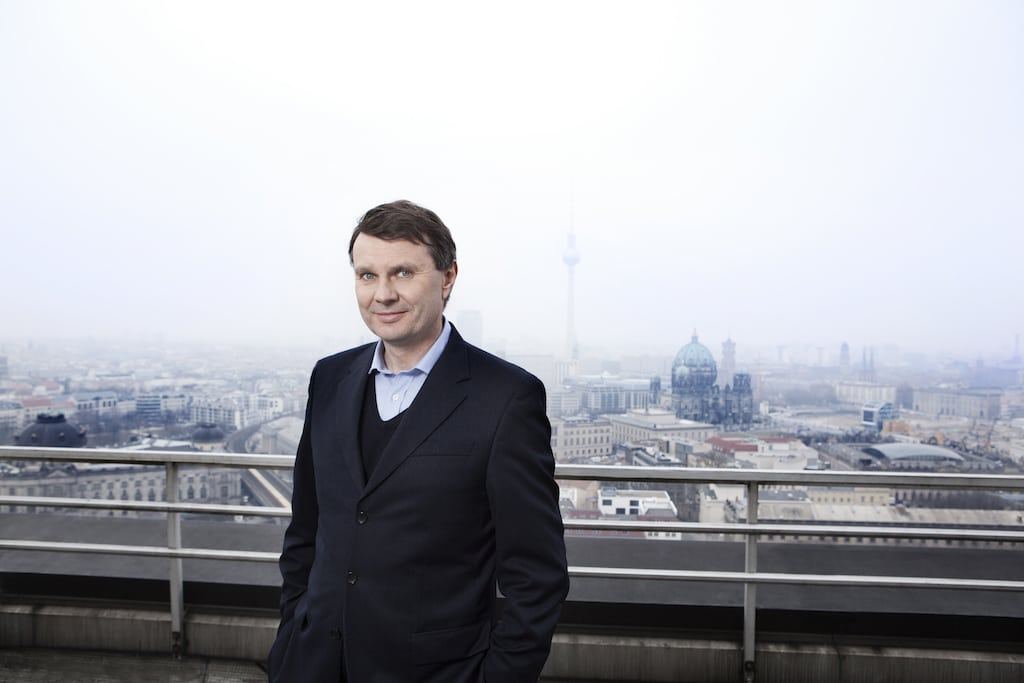Interview: Visit Berlin CEO on Capitalizing on the City's Zeitgeist

Skift Take
Berlin doesn't have to raise awareness of its product as much as reinforce its already strong branding and keep the peace at home to make sure a tourists' positive perceptions match reality on the ground.
Editor’s Note: Skift is publishing a series of interviews with CEOs of destination marketing organizations where we discuss the future of their organizations and the evolving strategies for attracting visitors. Read all the interviews as they come out here.
This continues our series of CEO interviews that began with online travel CEOs in Future of Travel Booking (now an e-book), and continued with hotel CEOs in the Future of the Guest Experience series (which is also an e-book).
Berlin is considered one of the hottest cities in the world right now and its ever-increasing visitors numbers confirm it.
The city has, for many years, been considered a hub of creativity, music, and cheap rents for entrepreneurs. While young American freelancers come in search of a low cost of living and Europeans on discount flights stop in for hedonistic weekends, the majority of the city's visitor base remains a high-spending, middle-aged visitor.
The influx has created tension in the city with tourists starting to view tourism as a threat to their everyday pleasant way of life. An attitude that the tourism board has started to focus on as raptly as its outward promotion.
Skift was recently in Berlin where we spoke with VisitBerlin CEO Burkhard Kieker on the city's unique approach to marketing, its efforts to mediate between tourists and locals, and their smart strategy for increasing funding.
Skift: Berlin is such a popular destination right now. The city has received so much press, attracts a broad range of tourists, and is in a great position. As CEO of VisitBerlin, what are yo
